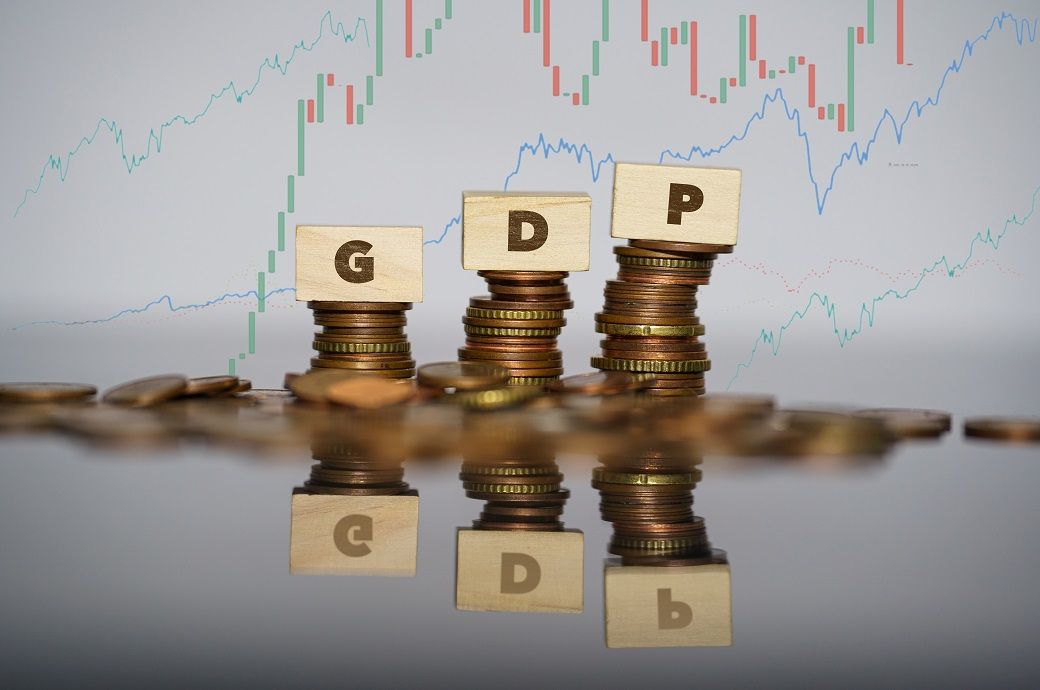
In the G7, QoQ GDP growth remained at 0.3 per cent in Q1 2023. GDP growth recovered in Canada, Japan, and France to 0.6 per cent, 0.4 per cent, and 0.2 per cent, respectively, compared with flat growth in all three countries in the previous quarter. Growth also picked up in Italy to 0.5 per cent following a contraction of 0.1 per cent in Q4 2022 and was flat in Germany following a contraction of 0.5 per cent, according to an OECD statistics news release.
However, GDP growth slowed in the US to 0.3 per cent, compared with 0.6 per cent and it was unchanged in the UK at 0.1 per cent.
Several G7 countries have published details of the main factors driving the changes in GDP. In Japan, GDP growth in Q1 2023 was supported by a 0.7 per cent increase in total domestic demand which includes inventory investment, but a further drop in net exports, exports minus imports, weighed on growth. By contrast, in France net exports were the main driver of growth, reflecting a 1.1 per cent increase in exports and a 0.6 per cent drop in imports.
In the US, slower GDP growth reflected decreased inventory investment (destocking), despite an acceleration of private consumption growth to 0.9 per cent in Q1 2023, compared with 0.3 per cent in the previous quarter. In the UK, a fall in government spending and an increase in the trade deficit dampened growth. Italy and Germany have also released preliminary analyses—in Italy, GDP growth was supported by contributions from total domestic demand and net exports, while in Germany, investment and exports increased while private consumption and government spending declined.
Of the OECD countries geographically closest to the war in Ukraine, GDP contracted further in Lithuania in Q1 2023 at -3.0 per cent, compared with -0.5 per cent in Q4 2022. GDP also contracted in Hungary, although at a slower pace than in the previous quarter at -0.2 per cent in Q1 2023, compared with -0.6 per cent. However, GDP recovered sharply in Poland—growing at 3.9 per cent in Q1 2023, compared with a contraction of 2.3 per cent in Q4 2022. It remained almost unchanged in the Slovak Republic at 0.2 per cent, compared with 0.3 per cent.
Among other OECD countries for which data is available, Portugal recorded the strongest GDP growth at 1.6 per cent in Q1 2023, followed by Colombia at 1.4 per cent, Mexico at 1.3 per cent, and Finland at 1.1 per cent. GDP contracted in Ireland by 2.7 per cent.
GDP in the OECD area exceeded its pre-pandemic (Q4 2019) level by 4.5 per cent in Q1 2023. In the G7, GDP exceeded its pre-pandemic level by 3.2 per cent, although in the UK and Germany, GDP remained below its pre-pandemic levels. Elsewhere in the OECD, GDP was above Q4 2019 levels in Q1 2023 in all countries for which data was available except Spain and the Czech Republic.
ALCHEMPro News Desk (NB)
Receive daily prices and market insights straight to your inbox. Subscribe to AlchemPro Weekly!